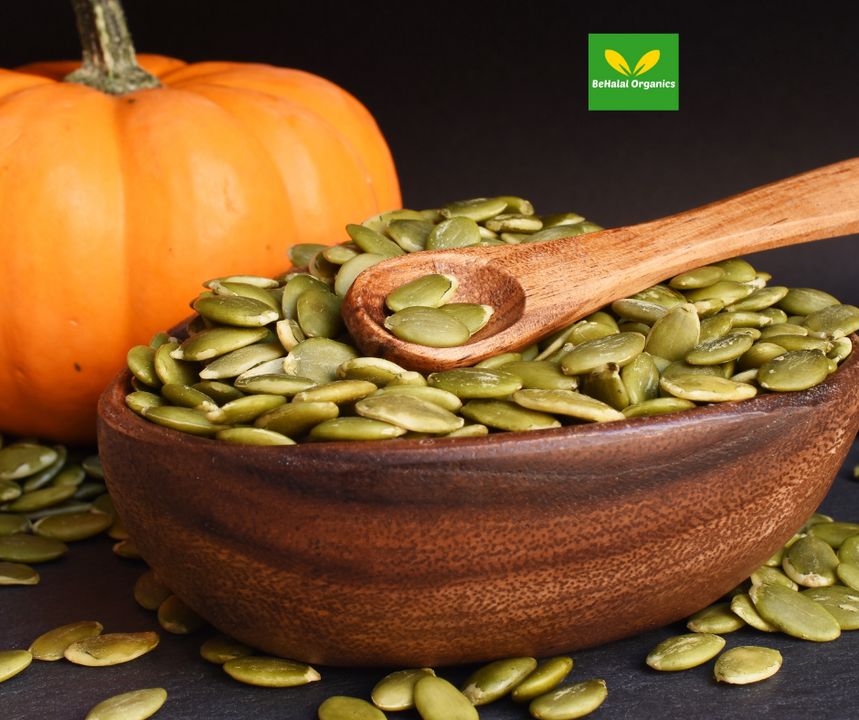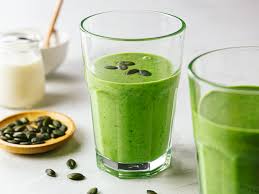Revealing Pumpkin Seed Wonders
Table of Contents
Pumpkin seeds, often overlooked, are nutritional powerhouses packed with an array of unique benefits. From supporting heart health to enhancing mood, these small seeds offer big advantages for overall well-being.
Nutritional Profile of Pumpkin Seed
Pumpkin seeds are a rich source of essential nutrients, including magnesium, zinc, and healthy fats. They also provide protein and fiber, making them a satisfying and nutritious snack option.
Rich Source of Antioxidants
Pumpkin seeds contain antioxidants such as vitamin E and carotenoids, which play a vital role in maintaining cellular health.
Heart Health
Studies have shown that incorporating pumpkin seeds into the diet may help reduce the risk of heart disease. Their high levels of magnesium, potassium, and unsaturated fats contribute to improved heart health by lowering blood pressure and cholesterol levels.
Prostate Health
For men, pumpkin seeds offer specific benefits for prostate health. Research suggests that the compounds found in pumpkin seeds may help reduce the risk of prostate enlargement and improve urinary symptoms associated with benign prostatic hyperplasia (BPH).
Improved Sleep
Pumpkin seeds contain tryptophan, an amino acid that helps promote sleep by increasing serotonin levels in the body. Consuming pumpkin seeds as a bedtime snack may contribute to better sleep quality and duration.
Mood Enhancement
The nutrients in pumpkin seeds, such as zinc and omega-3 fatty acids, have been linked to mood regulation. Including pumpkin seeds in the diet may help support mental well-being and alleviate symptoms of anxiety and depression.
Skin and Hair Benefits
The vitamins and minerals found in pumpkin seeds, including vitamin E and zinc, are essential for healthy skin and hair. Incorporating pumpkin seeds into your diet or skincare routine may promote clearer skin and stronger, shinier hair.
Weight Management
Snacking on pumpkin seeds between meals may help curb hunger and promote satiety, making them a valuable addition to weight management plans.
Immune Support
Pumpkin seeds are rich in nutrients like vitamin E, zinc, and antioxidants, which are crucial for a robust immune system. Regular consumption of pumpkin seeds may help strengthen immunity and protect against infections.
Bone Health
Calcium, magnesium, and phosphorus found in pumpkin seeds are essential for maintaining strong and healthy bones. Including pumpkin seeds in your diet may help prevent osteoporosis and improve bone density over time.
Digestive Health
The fiber content in pumpkin seeds supports digestive health by promoting regularity and preventing constipation. Additionally, pumpkin seeds contain compounds like cucurbitacin, which have been shown to have anti-inflammatory effects on the digestive system.
Blood Sugar Regulation
Research suggests that pumpkin seeds may help regulate blood sugar levels and improve insulin sensitivity, making them beneficial for individuals with diabetes or prediabetes.
Cognitive Function
Omega-3 fatty acids and antioxidants in pumpkin seeds have been linked to improved brain health and cognitive function. Including pumpkin seeds in your diet may help protect against age-related cognitive decline and support overall brain function.
Conclusion
Incorporating pumpkin seeds into your diet is a simple yet effective way to reap a wide range of health benefits. From supporting heart and prostate health to improving sleep and mood, these versatile seeds offer something for everyone. Whether enjoyed as a snack, added to salads, or used in recipes, pumpkin seeds are a delicious and nutritious addition to any balanced diet.
FAQs
- Are pumpkin seeds high in calories?
- While pumpkin seeds are calorie-dense, they offer a variety of essential nutrients and health benefits when consumed in moderation.
- Can pumpkin seeds help with hair loss?
- The zinc and vitamin E content in pumpkin seeds may contribute to healthier hair, but more research is needed to determine their specific effects on hair loss.
- Are there any potential allergens in pumpkin seeds?
- Pumpkin seeds are considered safe for most people, but individuals with allergies to nuts or seeds should exercise caution and consult with a healthcare provider if unsure.
- Can pumpkin seeds be eaten raw or do they need to be roasted?
- Pumpkin seeds can be eaten raw or roasted. Roasting them can enhance their flavor and texture, but raw pumpkin seeds retain more of their nutritional value.
- How much of i
- There is no specific recommendation for daily pumpkin seed intake, but including a small handful (about 1 ounce) as part of a balanced diet can provide valuable nutrients and health benefits.
DISCLAIMER
This blog has not been approved by your local health department and is not intended to provide diagnosis, treatment, or medical advice. The content provided on this blog is for informational purposes only. Please consult with a physician or other healthcare professional regarding any medical or health-related diagnosis or treatment options. Information on this blog should not be considered as a substitute for advice from a healthcare professional. The claims made about specific products throughout this blog are not approved to diagnose, treat, cure, or prevent disease.
Explore Popular Articles
-
The Ultimate Guide to Strawberry Irish Sea Moss: Benefits, Nutrition, and How to Use It Daily
3rd Mar 2026What Is Strawberry Irish Sea Moss? If you’ve been anywhere near the wellness world lately, you’ve pr
-
The Antioxidant Power of Gorontula Honey
27th Feb 2026Introduction to Gorontula Honey Have you ever wondered why some natural remedies stand the test of t
-
Why You Should Choose Authentic Ajwa from Al Madinah
26th Feb 2026Ajwa isn’t just another date fruit sitting quietly on a shelf. It’s special. It carries history, spi





